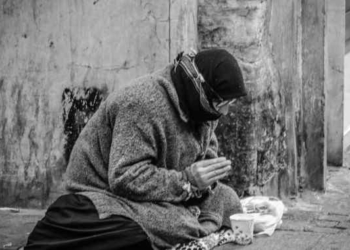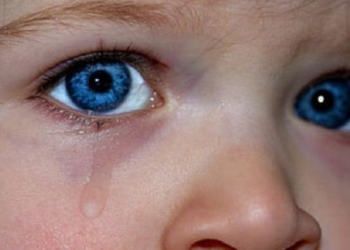We’ve all had sleepless nights. But when the well-rested nights are fewer and further between, we realize how truly important sleep is to our health.
When you’re consistently having restless sleep or no sleep at all, you will feel the effects of sleep deprivation during the day. And you might be surprised to learn that the effects are both physical and mental.
From your head (and mind) to your toes, sleep deprivation affects everything. Here are some of the many consequences of lost sleep.
Central nervous system effects
As you might have guessed, the central nervous system plays an essential role in keeping your body functioning well. But it needs to recharge each night in order to work its best. When you’re sleep deprived, your brain and body are exhausted, and neither can function as they should.
Think about how sluggish your movements are when you’re tired. Your brain works in a similar way. It simply isn’t equipped to handle any excess, like stress or emotional issues, that may come up in a day.
When your central nervous system doesn’t get regular rest, you’re at increased risk for:
- Impulsive behavior
- Paranoia
- Depression
- Suicidal thoughts
And if your insomnia continues, you may even experience mania as a result.
Immune system failures
Your body’s immune system usually does a great job of keeping germs out and keeping you well. But when you haven’t had enough sleep, your immune system suffers too. Think of your white blood cells as little soldiers who fight the bad bugs in your body. Now, imagine that those soldiers haven’t had a good night’s rest in a week or so when a major war breaks out. Your chances of winning are suddenly looking bleaker.
In reality, without proper sleep, you’ll be more likely to get sick and stay sick longer.
Respiratory issues
If you have normal functioning lungs, a lack of sleep may not impact your respiratory system. But if you have breathing issues, like asthma or a chronic lung illness, sleepless nights can worsen your condition and become a major issue.
Digestive upset
When you’re sleeping at night, the body cleanses and rejuvenates for the day to come. So when you don’t get that essential “R and R,” you may experience somewhat of a sluggish digestion and toxic buildup.
Sleep deprivation is also closely associated with obesity because it impacts two hormones, leptin, and ghrelin. These hormones control your feelings of hunger and satiety. When you haven't had enough to eat, your body signals ghrelin to increase your appetite. This may be why people who suffer from insomnia are also prone to midnight snacking.
And after that midnight snack, your body may release higher levels of insulin to help control your blood sugar levels.
Cardiovascular effects
When you think of cardiovascular health, you might think about getting your heart rate up through a brisk jog. And while that's important, it's also important to slow your heart rate down during sleep.
Sleep has an impact on cardiovascular systems by impacting blood sugar levels, blood pressure, and inflammation. When you don't get enough sleep, these things are more likely to be problems, and you'll be more likely to develop cardiovascular disease.
Hormonal changes
Sleep is vital for hormone production. In fact, you need at least 3 hours of uninterrupted sleep to even produce testosterone.
How to get better sleep
If you’re experiencing some short-term sleep trouble, there are simple solutions you can try. For example, you may get a white noise machine, use essential oils or set an earlier bedtime. But if you’re struggling from insomnia, it’s best to talk with your doctor about potential solutions. There may be an underlying issue that’s causing your sleeplessness, and it’s best to address that first.













